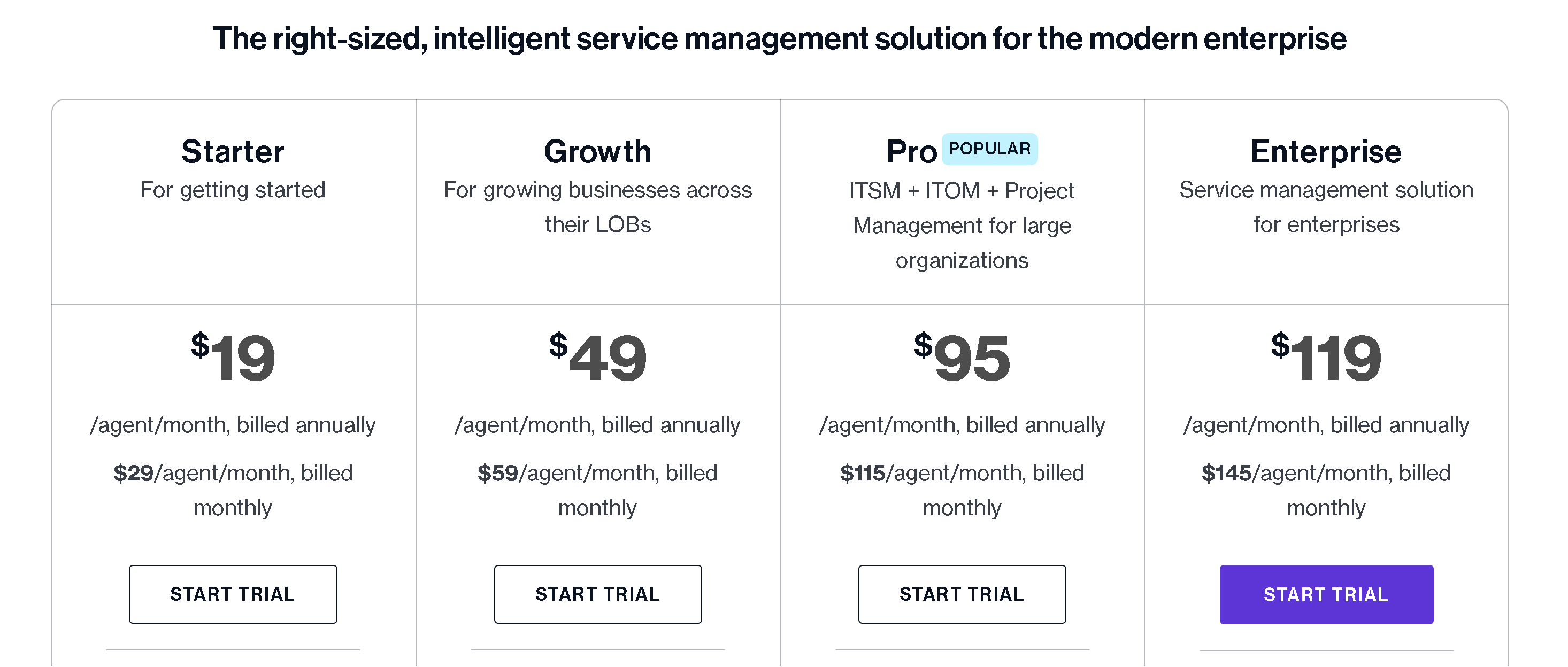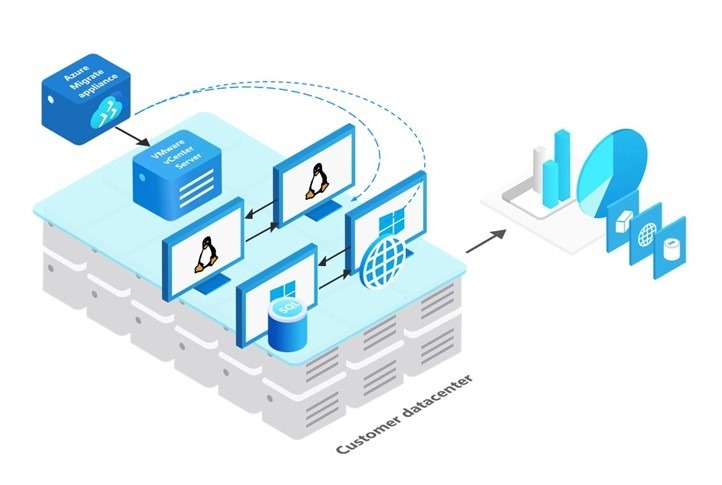Freshservice, a cloud-based IT service management solution, is a part of Freshworks Inc., a company that provides a variety of software solutions for customer engagement and IT service management. Freshservice was specifically designed to enable businesses to improve their IT operations through a simple yet powerful service desk. The platform was launched in 2010 with the aim to provide an intuitive, scalable, and affordable IT service management solution.
One of the key aspects of Freshservice is its focus on user experience and automation, making it easier for IT teams to manage incidents, respond to service requests, handle changes, and maintain assets. It’s built on the principles of ITIL (Information Technology Infrastructure Library), ensuring that its processes and practices align with industry standards.
Freshservice has gained popularity for its ease of use, integration capabilities, and its ability to cater to businesses of all sizes, from small startups to large enterprises. The platform offers features like a self-service portal, asset and project management, reporting analytics, and a mobile app for service management on the go.
As part of Freshworks, Freshservice benefits from the larger ecosystem of customer and employee engagement tools offered by the company, enabling organizations to streamline various aspects of their operations under a unified suite of applications. This integration across the Freshworks platform allows for a more cohesive and efficient approach to IT service management and customer support.
IT Service Management:
IT Service Management (ITSM) is integral to managing and delivering IT services that meet business needs. It involves implementing and managing quality IT services through best practices, processes, and policies. ITSM focuses on customer needs and IT service delivery rather than IT systems themselves. This approach improves service delivery, enhances customer satisfaction, and ensures efficient use of resources. ITSM also facilitates better incident management, problem resolution, and continuous service improvement, contributing to overall organizational efficiency and effectiveness.
- Intuitive Service Management: Offers a modern, AI-driven approach for quick deployment and easy user adoption.
- Incident Management: Utilizes AI and automation for effective incident resolution within a unified interface.
- SLA Management: Features adaptable SLA policies with automated processes for handling SLA breaches.
- Knowledge Management: Enhances the knowledge base by incorporating both internal and external resources.
- Unified Service Catalog: Simplifies service delivery through efficient workflow management.
- AI-Powered Service Management: Includes chatbot assistance, smart agent recommendations, and AI-based analytics.
- Problem Management: Focuses on identifying and resolving root causes to reduce operational interruptions.
- Change Management: Implements standardized, automated change processes, fully integrated with the service desk.
- Release Management: Coordinates release processes, including documentation of build and test procedures.
- Workload Management: Provides insights into team workloads and facilitates balanced task allocation.
IT Operations Management:
IT Operations Management (ITOM) is essential for managing and optimizing IT infrastructure and services. It ensures operational efficiency, reduces downtime, and aligns IT services with business goals. Effective ITOM enhances performance, reduces costs, and is critical for modern business continuity and productivity.
- Service Reliability and Business Resilience: Enhances service reliability and business resilience through a unified platform emphasizing context and collaboration.
- Alert Management: Consolidates alerts from various tools in one place, uses Freddy AI to identify critical issues, and routes incidents to appropriate agents automatically.
- Cloud Management: Offers integration with major cloud providers like AWS, Azure, and VMware for resource discovery and relationship mapping, alongside automating tasks with Cloud catalog and Orchestration Centre.
- On-Call Management: Ensures 24/7 agent availability for critical incidents, with notifications across multiple platforms and automatic escalation until acknowledgment.
- Major Incident Management: Establishes processes for rapid major incident resolution, includes automated escalation, streamlined communication, and resilience building without switching tools.
- Service Health Monitoring: Provides a user-centric view of digital operations, monitoring the health of business and technical services, and prioritizing incidents based on end-user impact.
Freshservice for Business Teams:
- Unified Service Delivery: Integrates IT and business teams on a single platform, boosting employee productivity, operational transparency, and ROI.
- Workspaces: Supports multiple teams on one platform, offering individual department control and visibility while maintaining security and autonomy.
- Support Portal: Standardizes service requests, from simple tasks like expense reimbursement to complex ones like new hire onboarding, unifying service delivery.
- Knowledge Base: Central repository for policy and process documents, ensuring consistency across teams and empowering employees with up-to-date information.
- Workflow Automation: Automates manual processes like offboarding and multi-department approvals, with custom workflows integrated with third-party apps like G-suite and Slack.
- Employee Onboarding: Streamlines the onboarding process with effective stakeholder management, pre-defined kits, and an integrated ticket and approval system.
- Project Management: Facilitates planning and execution of complex projects such as employee appraisals and budget planning, ensuring timely delivery with accurate predictability.
Project Portfolio Management:
Project Portfolio Management (PPM) is key for prioritizing and overseeing multiple projects in an organization. It aligns projects with strategic goals, optimizes resource allocation, and manages risks. PPM boosts decision-making and operational efficiency, ensuring the best possible returns and supporting business growth.
- Integrated Project Management Tool: Facilitates on-time project delivery with an easy-to-use tool that integrates ITSM and project management for complete visibility into IT initiatives.
- Contextual Extension: Extends Project Portfolio Management (PPM) to ServiceDesk teams, providing full context on project timelines, incidents, and assets.
- Customizable Project Templates: Offers standard templates for agile and waterfall projects, allowing teams to follow pre-defined processes and automated timelines for enhanced efficiency.
- Agile and Waterfall Methodologies: Supports various project types, including agile projects for software rollouts and waterfall projects for IT initiative planning, with options for hybrid approaches.
- Project Analytics: Provides a consolidated view of projects with customizable reporting dashboards, enabling efficient tracking of resources and management of project timelines.
- Unified Task Management: Allows technicians to view and manage all tasks across multiple projects in a single interface, streamlining task assignment and resource scheduling.

Consider adopting Freshservice for its comprehensive IT service management capabilities. This cloud-based solution offers a user-friendly, automated platform that aligns with ITIL standards, simplifying incident management and service requests. Ideal for businesses of all sizes, it features a self-service portal, asset management, and mobile support. As part of Freshworks, Freshservice integrates with a suite of tools for enhanced operational efficiency. Explore Freshservice to streamline your IT operations and elevate your organizational efficiency.
Branded series by Freshworks
By Randy Ferguson






